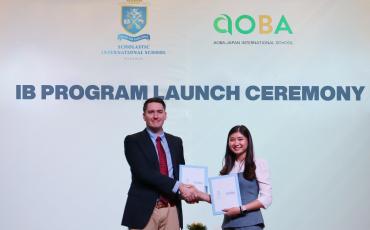
Politics and Public Policy
Myanmar’s domestic anti-corruption drive has taken down another senior politician. Following allegations of corruption and mismanagement by the national Anti-Corruption Commission, the Chief Minister of Tanintharyi Region Daw Lae Lae Maw, along with three of her ministers, resigned on March 11. The move comes following a notable media case, in which the government sued and fined several regional media for satirical articles about the often-controversial, and much maligned, former CM.
There are several likely reasons for this sudden attention on the CM of Tanintharyi, and other state-level governments as well. First and foremost, the government is seeking to shore up electoral support, and moving against corrupt officials is sure to gain the party support among the common man. This will enable to increase, and hopefully shore up, government support in areas where the consolidation of ethnic parties and the stalling of economic growth may affect previously-safe NLD areas.
Similarly, the general failures of major infrastructure investments in the region, namely the Dawei SEZ, this decision by the Commission to target a state-level politician suggests that not even political allegiance can save corrupt politicians from these drives; these drives may also be a convenient cover to remove obstacles in the face of the new provincial investment drives.
Business and Economy
Myanmar seeks to increase electrification, reaching 50% of all households; they’ll also need to raise the prices to do so. U Soe Myint, the Deputy Permanent Secretary of the Ministry of Electricity and Energy (MOEE) announced this month that by November, the government will be providing electricity access to half of all households, up from 43% last year.
However, this may face major challenges, as the government continues to mull increasing electricity prices for industrial and large-scale users, in order to fund these improvements. While there is a clear understanding in the government, and in the MOEE especially of these need for these price increases, there is a similar concern that this may not be enough, and that infrastructural weaknesses will continue to hinder industrial development in the country. However, politically and electorally, there is virtually no chance for a universal price increase, with the next general election only a year away.
This coverage of developments in Myanmar’s political and economic transition was prepared by Vriens & Partners, a corporate advisory firm focusing on government relations and political risk in Southeast Asia. If you are interested in learning more about our services, please visit our website or email [email protected]



